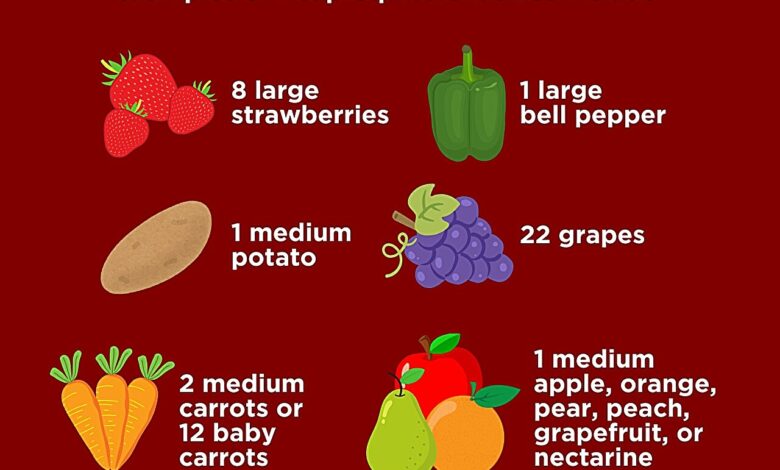Eating more fruits and veggies could help you sleep better

Getting a good night’s sleep is crucial for overall health and wellbeing, yet many people struggle with sleep disruptions. From traditional remedies like counting sheep to modern solutions like white noise machines, the quest for better sleep is ongoing. However, a recent study suggests that the key to improving sleep quality may lie in an unexpected place – the produce aisle.
Researchers from the University of Chicago Medicine and Columbia University conducted a study that revealed a direct link between diet and sleep quality. The study, published in the journal Sleep Health, found that individuals who consumed more fruits and vegetables during the day experienced deeper and more restful sleep at night. This association highlights the potential of dietary modifications as a natural and cost-effective approach to enhancing sleep.
Lead researcher Dr. Esra Tasali, director of the UChicago Sleep Center, emphasized the significance of these findings in bridging the gap in public health knowledge. While previous studies have shown a correlation between high fruit and vegetable intake and self-reported sleep quality, this study is the first to establish a temporal connection between daily dietary choices and objectively-measured sleep patterns.
Participants in the study used a mobile app to track their daily food intake and wore wrist monitors to monitor their sleep patterns. The researchers focused on “sleep fragmentation,” which measures the frequency of awakenings or shifts between deep and light sleep throughout the night. The results showed that individuals who consumed more fruits, vegetables, and healthy carbohydrates like whole grains experienced more restful sleep.
According to the researchers, following the CDC-recommended guideline of consuming five cups of fruits and vegetables per day could lead to a 16% improvement in sleep quality. This significant impact underscores the importance of a diet rich in complex carbohydrates, fruits, and vegetables for long-term sleep health.
While further studies are needed to establish causation and explore the underlying mechanisms, the current data supports the idea that small dietary changes can have a profound effect on sleep quality. Dr. Marie-Pierre St-Onge, co-senior author of the study, emphasizes the empowering nature of these findings, stating that better sleep is within one’s control through simple dietary adjustments.
In conclusion, the connection between diet and sleep quality is a promising area of research that has the potential to revolutionize how we approach sleep disorders. By incorporating more fruits, vegetables, and healthy carbohydrates into our daily diet, we may unlock the key to a good night’s sleep. As we await further studies to confirm these findings, it’s clear that making mindful choices in our diet can lead to better rest and overall wellbeing.





